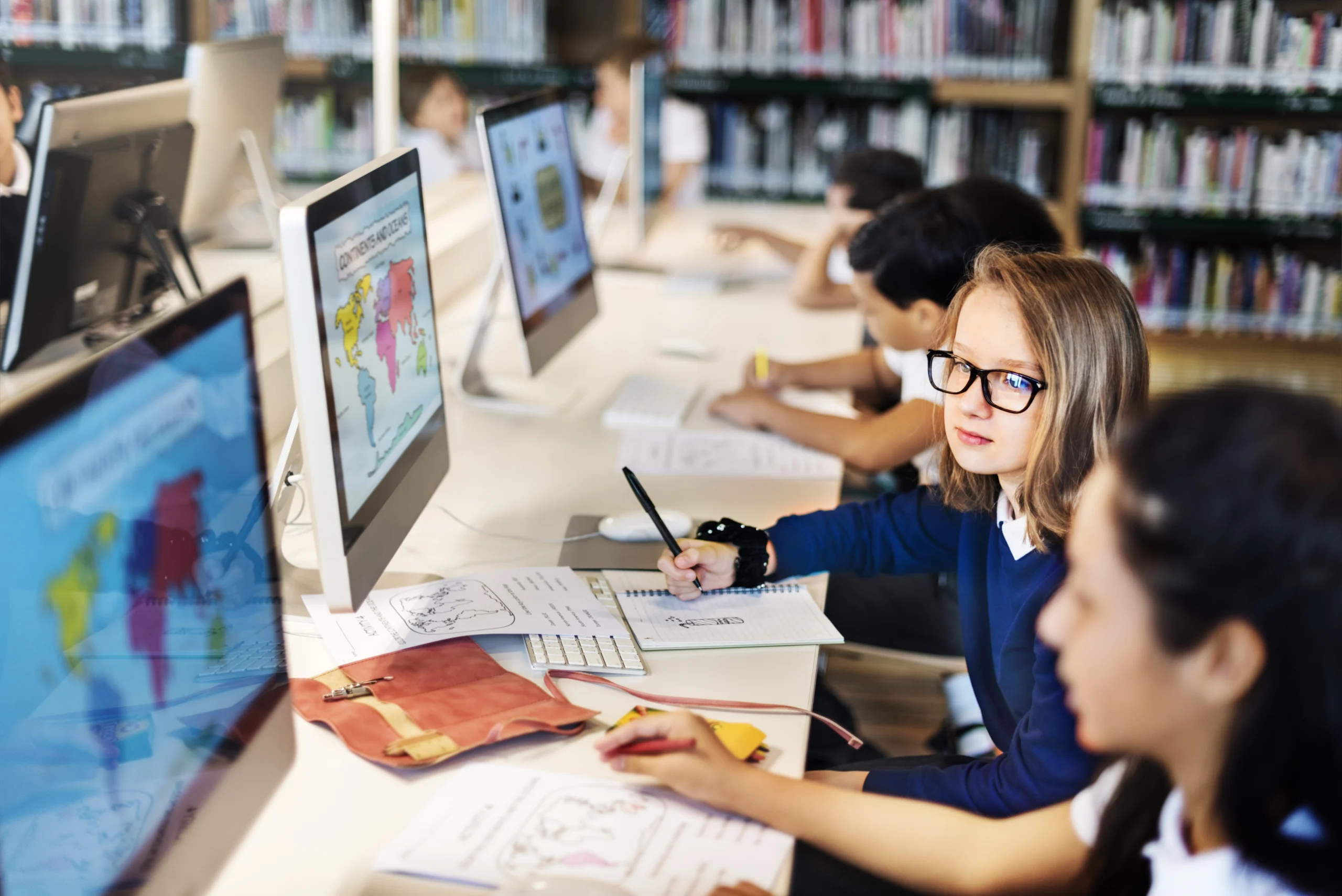Education has long been bound by geographical constraints, limiting access to quality learning opportunities based on location. However, with the rise of online learning, these barriers are rapidly dissolving, creating a world where anyone with an internet connection can access top-tier education from anywhere. This transformation is redefining the educational landscape, making learning more inclusive, flexible, and borderless than ever before.
The Rise Of Online Learning
The internet revolutionized various industries, and education is no exception. Over the past decade, online learning platforms, including the best online education app in India, have gained immense popularity, offering courses in diverse subjects, from basic literacy to advanced technical skills. The COVID-19 pandemic further accelerated this shift, pushing institutions to adopt digital classrooms as the primary mode of instruction. Today, e-learning platforms like Coursera, Udemy, Khan Academy, and numerous university-led initiatives are democratizing education by providing high-quality content to students worldwide.
How Online Learning Breaks Geographic Barriers
- Access to Global Institutions: Students no longer need to travel across countries or relocate to access world-class education. Universities and institutions across the globe now offer fully online degree programs, allowing students to earn qualifications from prestigious institutions without ever leaving their homes.
- Affordable and Flexible Learning: Traditional education often comes with high costs, including tuition fees, accommodation, and commuting expenses. Online learning significantly reduces these costs, making education more affordable. Moreover, flexible learning schedules allow individuals to balance work, studies, and personal commitments.
- Bridging Educational Gaps in Remote Areas: Rural and underprivileged regions often suffer from a lack of quality educational infrastructure. Online learning eliminates this issue by providing access to well-structured courses, expert instructors, and interactive learning resources, enabling students from these areas to learn without needing to relocate.
- Personalized Learning Experience: Traditional classrooms follow a one-size-fits-all approach, but online learning offers personalized learning paths. Students can choose courses based on their interests and skill levels, progressing at their own pace. This adaptability makes education more effective and enjoyable.
- Language and Cultural Inclusivity: Online learning platforms provide multilingual courses and culturally diverse content, making education accessible to learners from different linguistic and cultural backgrounds. AI-driven tools like real-time translation and captioning further enhance understanding, helping non-native speakers grasp complex subjects with ease.
The Role Of Technology In Online Learning
Advancements in technology continue to enhance the online learning experience in various ways:
- Artificial Intelligence (AI): AI-powered tutors, chatbots, and automated grading systems provide personalized support to students, enhancing engagement and understanding.
- Virtual and Augmented Reality (VR & AR): These technologies create immersive learning experiences, enabling students to explore historical sites, conduct virtual science experiments, and practice real-world skills in a simulated environment.
- Cloud-Based Learning Management Systems (LMS): Platforms like Moodle, Blackboard, and Google Classroom facilitate seamless collaboration between students and educators, ensuring a structured and interactive learning experience.
- Mobile Learning (m-Learning): With the rise of smartphones, learners can now access education on the go, making it possible for students in rural or remote locations to study at their convenience.
Challenges And Solutions In Online Learning
Despite its benefits, online learning still faces some challenges:
- Digital Divide: Not all students have access to stable internet connections or digital devices. To bridge this gap, governments and organizations are investing in digital infrastructure, providing low-cost internet plans, and distributing educational devices to underserved communities.
- Lack of Hands-On Learning: Certain fields, such as medicine and engineering, require practical, hands-on experience. Institutions are addressing this issue by incorporating VR/AR simulations, remote labs, and hybrid learning models combining online theory with in-person practical training.
- Student Engagement and Motivation: Without physical classrooms, some students struggle with self-discipline and motivation. Interactive elements such as gamified lessons, discussion forums, live sessions, and AI-driven progress tracking help maintain engagement.
- Accreditation and Credibility: Employers and institutions sometimes question the credibility of online courses. However, as top universities and organizations continue to offer accredited online degrees and certifications, the recognition and acceptance of online education are steadily increasing.
The Future Of Online Learning
The future of education is undoubtedly digital. With rapid technological advancements and growing global connectivity, online learning will continue to evolve, offering even more interactive, inclusive, and high-quality educational experiences. Hybrid learning models, which combine the best of online and traditional education, will become the new Principle, further Connecting gaps in accessibility and quality.
Conclusion
Online learning has shattered geographic barriers, making education accessible to anyone, anywhere. As technology advances and institutions embrace digital transformation, the global education landscape will continue to expand, empowering individuals to learn, grow, and succeed beyond borders. Whether it’s a student in a remote village gaining access to world-class education or a working professional upskilling from home, the impact of online learning is profound and far-reaching, paving the way for a more knowledgeable and connected world.

